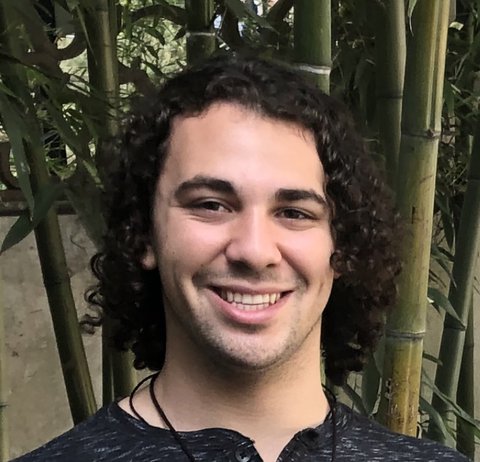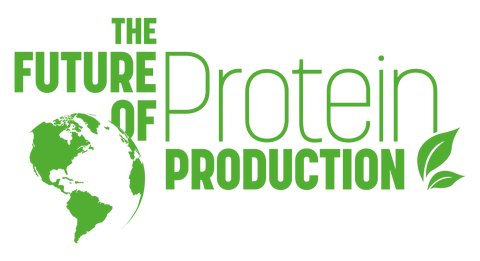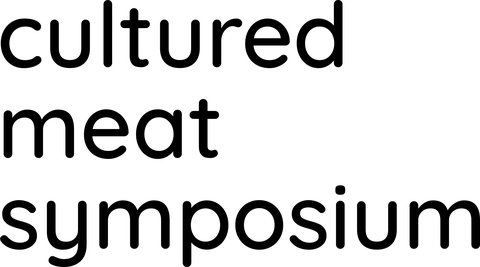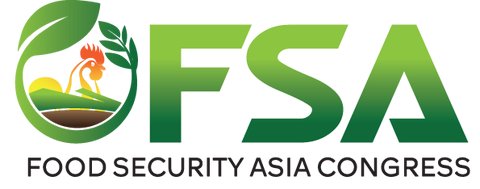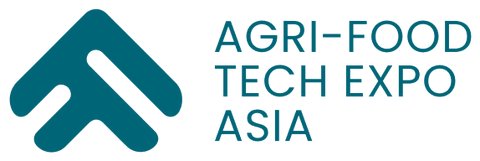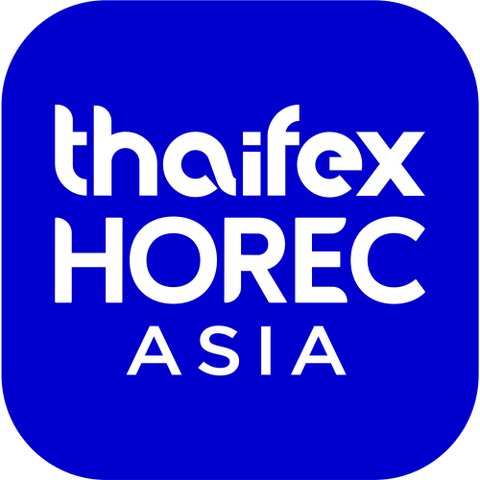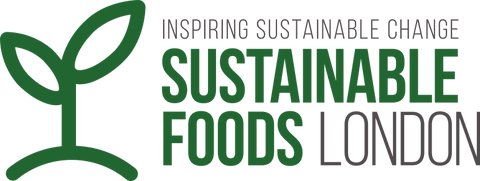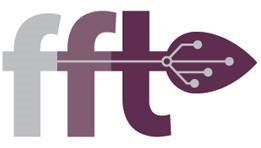Slaughter-Free Sushi for You and Me
November 3, 2021 - 4 min read
This is a Student Essay Contest 2021 runner-up. Jake Marko is a PhD student in Biomedical Engineering at Tufts University.
In the spring of 2018, when I was a freshman at Worcester Polytechnic Institute (WPI) studying biomedical engineering, I sat in my first lecture of Philosophy and the Environment with Professor Roger Gottlieb. Gottlieb was a white man in his mid-70s with scraggly white hair and a bit of a New York accent. During one lecture, he challenged the class to make an ethical argument for why we should be allowed to eat animals. For one hour, he refuted every argument a student made. As a lover of both animals and food, this shook me, and I spent the next week feeling physically ill each time I ate meat. Over that summer, I tried limiting my meat intake, though I found my weakness to be sushi.
I originally changed my behavior for animal welfare, but I learned during my sophomore year that 18% of greenhouse gas emissions come from animal agriculture [1]. My personal eating habits began to feel like a single shovel out of the mountain of trouble we were in. Gottlieb pushed me to question if I could ever feel fulfilled in a career while climate change and human action destroy our planet and all life on it.
Then, during my junior year, in early 2020, I learned that Dr. Glenn Gaudette, one of my biomedical engineering professors at WPI (currently the Inaugural Chair of Engineering at Boston College), was researching the field of cellular agriculture. I was first shocked, then immediately elated. I felt as though a veil was lifted and I could finally see my path forward. I could learn tissue engineering to solve the issues with our food systems!
Step one was trying to talk to Professor Gaudette, although he was notorious for being difficult to reach. When all electronic communication failed, I found his office hours and staked out the room while he met with his teaching assistants. Suddenly, I heard the click of the Goddard Hall stairwell opening; he was on the move. I jolted up, bolted out, and ran through the hallways to catch him just as he reached the exit. I got my first meeting, and Professor Gaudette even told me to call him by his first name. So, Glenn shared with me his vision of a world with cellular agriculture. Just like the microbrewery scene here in New England, what if we had micro-meateries in every city? Instead of having huge vats filled with yeast to make beer, they would be filled with cells to make meat. Farmers could raise two or three cows that have long-luxurious lives and still manage to feed a whole city!
After a year of working with Glenn, I knew I had to be part of building this new field. Glenn helped me find my way to Dr. David Kaplan’s lab at Tufts, which houses the world’s largest academic group of cellular agriculture researchers. In June of 2021, I walked into Dr. Kaplan’s office on my first day as a PhD student. He had me choose a project to help on while I got my bearings, and I was drawn to the work of a second-year PhD student, Michael Saad, who was working on growing fish cells. I could not believe I had this opportunity; I could finally address my love of sushi! The fact is we are facing a collapse of ocean marine life due to overfishing. For one devastating example, the Atlantic mackerel population is approximately 5% of what it was in the 1980s, while the demand keeps rising [2]. Luckily, Michael and I have been delighted to achieve success by becoming the first researchers to grow Atlantic mackerel cells outside of the body. With this development, we can work towards restocking our oceans, while creating delicious food as a wonderful benefit. I now look forward to a day, not too far away, when I can sit down for a sushi dinner that is saving our planet and the life that should flourish on it.
Sources
1. F. P. O’Mara, “The significance of livestock as a contributor to global greenhouse gas emissions today and in the near future,” Animal Feed Science and Technology, vol. 166-167, pp. 7–15, 2011.
2. DFO. 2019. Assessment of the Atlantic Mackerel stock for the Northwest Atlantic (Subareas 3 and 4) in 2018. DFO Can. Sci. Advis. Sec. Sci. Advis. Rep. 2019/035.
